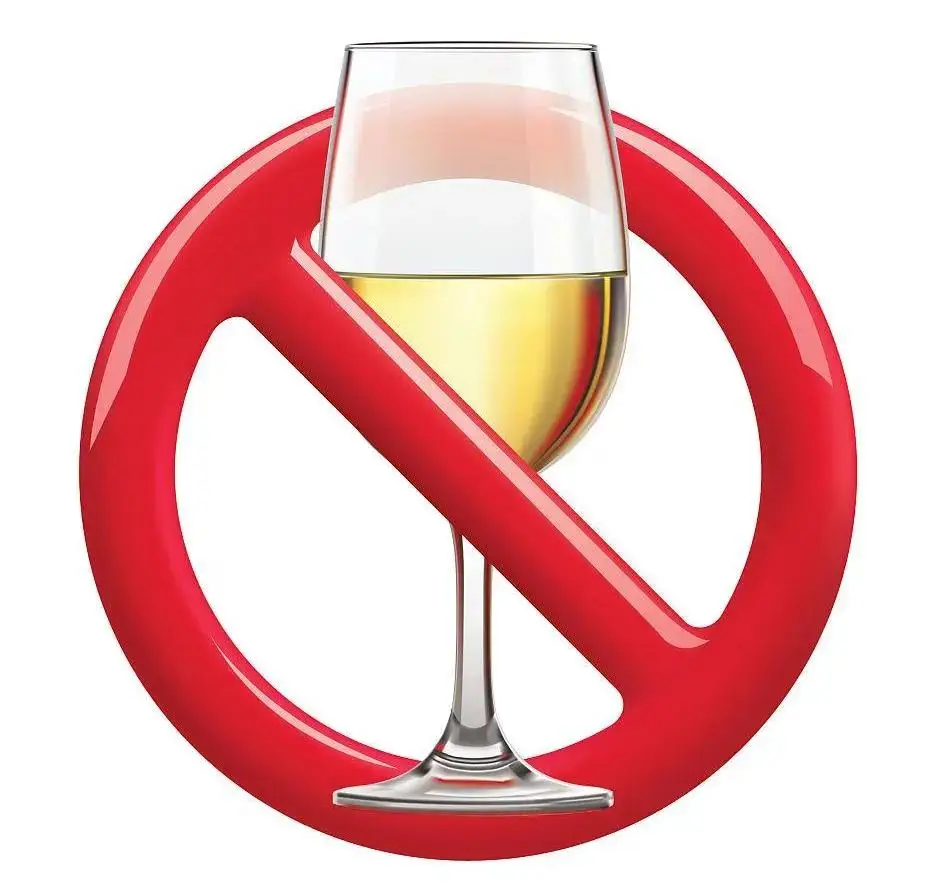Title: A Holistic Approach to Alcohol Recovery: The Overall Promotion Alcohol Recovery Program for Sustainable Abstinence
Alcohol addiction is a pervasive and complex issue that affects millions of individuals worldwide. It not only disrupts personal health and relationships but also imposes significant social and economic burdens. Traditional approaches to alcohol recovery often focus solely on abstinence, neglecting the multifaceted nature of addiction. The Overall Promotion Alcohol Recovery Program (OPARP) is designed to address this gap by offering a comprehensive, holistic framework that supports individuals in achieving and maintaining long-term abstinence. This program integrates medical, psychological, social, and lifestyle interventions to create a sustainable path toward recovery.
Understanding Alcohol Addiction
Alcohol addiction, or alcohol use disorder (AUD), is characterized by an inability to control drinking despite adverse consequences. It is a chronic disease influenced by genetic, environmental, and psychological factors. The journey to recovery is often fraught with challenges, including withdrawal symptoms, cravings, and the risk of relapse. Traditional treatment models, such as detoxification and counseling, are essential but insufficient on their own. A more inclusive approach is needed to address the root causes of addiction and empower individuals to rebuild their lives.

The Pillars of the Overall Promotion Alcohol Recovery Program
OPARP is built on four core pillars: medical intervention, psychological support, social reintegration, and lifestyle modification. Each pillar plays a critical role in ensuring a successful recovery journey.
1. Medical Intervention
The first step in OPARP is medical stabilization. Under the supervision of healthcare professionals, individuals undergo a safe and monitored detoxification process to manage withdrawal symptoms. Medications such as naltrexone, acamprosate, or disulfiram may be prescribed to reduce cravings or deter alcohol consumption. Additionally, regular health assessments are conducted to address any co-occurring physical conditions, such as liver disease or nutritional deficiencies, which are common among individuals with AUD. By prioritizing physical health, OPARP lays a strong foundation for recovery.
2. Psychological Support
Addiction is often intertwined with underlying psychological issues, such as trauma, anxiety, or depression. OPARP incorporates evidence-based therapies to address these concerns. Cognitive-behavioral therapy (CBT) helps individuals identify and change negative thought patterns and behaviors related to alcohol use. Motivational interviewing enhances their readiness to change, while group therapy provides a platform for shared experiences and mutual support. Furthermore, mindfulness and stress-management techniques are taught to help participants cope with triggers and emotional challenges without resorting to alcohol.
3. Social Reintegration
Isolation is a common consequence of alcohol addiction, and rebuilding social connections is vital for sustained recovery. OPARP emphasizes the importance of a supportive community through family therapy, peer support groups, and community engagement activities. Family involvement is encouraged to repair relationships and create a nurturing home environment. Peer support groups, such as Alcoholics Anonymous (AA) or SMART Recovery, offer ongoing encouragement and accountability. Additionally, OPARP facilitates vocational training and educational opportunities to help individuals reintegrate into society and regain financial independence.
4. Lifestyle Modification
Sustainable recovery requires a shift toward a healthier lifestyle. OPARP promotes physical wellness through regular exercise, balanced nutrition, and adequate sleep. Exercise, in particular, has been shown to reduce cravings and improve mental health. Nutritional counseling addresses deficiencies commonly associated with alcohol abuse, such as low levels of B vitamins and magnesium. Participants are also encouraged to explore new hobbies and interests that provide fulfillment and reduce the risk of boredom, which can be a trigger for relapse.
The Role of Technology in OPARP
In today’s digital age, technology plays a pivotal role in enhancing the effectiveness of recovery programs. OPARP utilizes mobile applications and online platforms to provide continuous support. Features include daily check-ins, access to virtual counseling sessions, and forums for peer interaction. Wearable devices can monitor physiological indicators, such as heart rate and sleep patterns, to identify early signs of stress or relapse. By leveraging technology, OPARP ensures that support is accessible anytime, anywhere.
Measuring Success and Long-Term Maintenance
The success of OPARP is measured not only by abstinence but also by improvements in overall quality of life. Regular assessments track progress in physical health, mental well-being, social functioning, and personal goals. Long-term maintenance is supported through aftercare programs, including booster sessions, alumni networks, and ongoing counseling. OPARP recognizes that recovery is a lifelong journey and provides the tools and resources needed to navigate its challenges.
Conclusion
The Overall Promotion Alcohol Recovery Program offers a transformative approach to alcohol abstinence by addressing the whole person—body, mind, and spirit. Through its integrated framework, OPARP empowers individuals to break free from addiction and build a fulfilling, alcohol-free life. By combining medical care, psychological support, social reintegration, and lifestyle changes, this program paves the way for sustainable recovery and lasting well-being.




发表评论